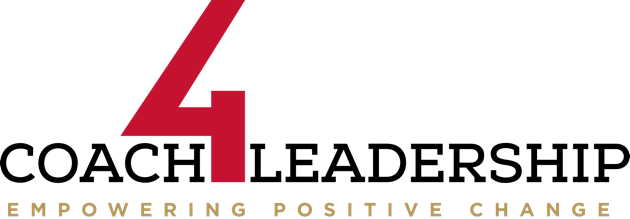There are many kinds of treasure. And when treasure is mentioned, most immediately think of money. But when it comes to getting more Lift in your life the real currency is knowledge (and wisdom, but that is separate topic).
However, the real value today isn’t who has knowledge or information; Google has made that irrelevant. Perhaps you’ve been reminded of that fact by receiving a LMGTFY reply when you asked someone a question (someone letting you know you could have “just Googled it” instead of asking them to!). It seems we have time-warped through the information age and into an age of knowledge curation: having the right information for the right need at the right time.
In order to get the information you need to Lift yourself and others, you have to have a trusted Information Storage and Retrieval System (ISRS). And your own head doesn’t count; there is simply too much to keep and organize. Even if you could keep it in your head, couldn’t share as well.
The first time I realized I needed an ISRS was in 1983 during physical therapy school. My solution to overflowing notebooks was a single card-board box of manilla folders arranged alphabetically. Over the years my ISRS has undergone various revisions integrates technology. In fact, my biggest single revision was the day I left my Texas State University faculty and purged my professional files. I ended up dumping 4 long file-cabinets of hard-copy articles related to healthcare topics and did a “first-come-first serve” give away of my physical therapy texts to the students. I then conducted a similar purge on all my home files. It took me 2 full days but it was time well spent. I now have a lot more space, improved ability to retrieve information and more importantly, a much clearer head.
While my own ISRS is now and will always be a work in progress, here is the approach and tools that are working well for me now:
- Hard-copy Filing: I keep it general for filing hard copy stuff at home (A – Z). David Allen’s classic “Getting Things Done” book addresses the topic simply and well. Following my recent professional hard-copy purge, any new professional coaching related content is scanned and filed as soft-copy.
- Soft files: I manage my productivity documents here (i.e Word, PDF copies). For my home related items the same general A – Z, broad category system is sufficient (ie. Kids/Rachael; Kids/Rebecca, etc.). However, I also have a more specific, numbered category system for my professional related content and use no-cost cloud based bibliographical management systems like Mendelay and Zotero for my reference materials. With the exception of music and books, I still manage my media files (mostly images and video) manually. While media files can also be auto-managed in an iTunes like fashion by a number of programs, I just haven’t been willing to give up control yet nor invest the time to make the switch.
- Back-up: DropBox gives me a “2’fer” in knowing that a) my content can immediately be replaced in case of local disaster and b) I can easily share and be shared with. It and similar cloud-based programs virtually eliminate what used to be time-sucking but essential tasks associated with file back-up, syncing and sharing.
- “Stuff”: I like collecting interesting articles, quotes, having an easy way to store receipts, “notes to self” and being able to selectively share. Evernote is my program of choice. Not only is Evernote the best place for capturing, storing and easily retrieving “stuff” …including voice memos, clipped web articles and more…but the search function is extremely powerful. In addition, it integrates with scanners in a way that really minimizes the resistance to going paperless. Did I mention it syncs across computers and devices? This is a powerful tool you really can’t afford to be without (its free). Whether a new or experienced user, check out Michael Hyatt Evernote posts and Evernote Essentials to quickly take your Evernote skills to the next level.
- Scripture and Quotes: I memorize a quote and Scripture passage each week and two programs have helped me be much more consistent. For me, Evernote works best for quotes and the ScriptureTyper app is the best tool I have found for Scripture memory. ScriptureTyper has too many learning features to list here, but this app enables you take as superficial or as deep a dive as you want
To round the list out, I simply use Google Contacts for my address book. I have found that Evernote’s business card scanning feature is first-class so I quickly scan those into it with my phone and then chunk the card. Finally, I order very few hard copy books these days. Kindle or the Kindle app give purchasing, space and weight advantages that have made e-books my preferred medium of choice….in most cases.
In a knowledge economy you can’t afford to be without a personal ISRS of some kind and expect to get the Lift you need, even if you are an organization phobic.
So the question is, if you don’t have a personal ISRS, when are you going to get one? Where do you need to start? If you do have one, how’s it working for you? What have you found to be most helpful and what do you need to change?
I’d love to hear your ideas.

